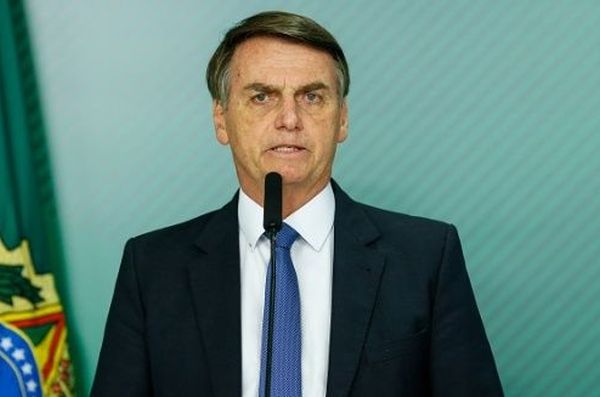
The program, starting in 2013, improved a series of health indicators in Brazil and placed doctors in communities never reached by one of these professionals
Brazil’s President Jair Bolsonaro prepares to terminate the More Doctors Program (MDP), Mayra Pinheiro, the Secretary of Work Management and Health Education at the Ministry of Health, confirmed Wednesday.
The closure of the program has been gradually implemented since 2016, when President Michel Temer’s administration reduced the public budget required to hire new resident physicians and decreased investments related to health services and infrastructure. In addition to this move, the departure of 8,500 Cuban doctors in Nov. 2018 weakened the program even further.
According to Pinheiro, the MDP last available positions will be filled in February and no new recruitment will take place. The doctors who work for the program may continue in their jobs until the termination of their three-year contracts.
Saude Popular, a local health-focused portal, reported that approximately 3,700 Brazilian doctors who trained abroad have signed up for the last MDP positions and are expected to next choose the municipalities where they will work.
Nevertheless, about 2,000 Cuban doctors, who decided to stay in Brazil after President Bolsonaro offered a waiver for asylum, will not be reincorporated into the MDP.
These Cubans will be compensated with “humanitarian aid” and could work in “difficult” geographic regions if they approve a professional course supported by the Brazilian Medical Association and the Federal Medical Council.
The MDP, created in 2013 by President Dilma Rousseff, was carried out through a partnership with the Cuban Government and the Pan-American Health Organization (PAHO). At its best moment, nearly 11,000 Cuban doctors brought health services to the poorest regions of Brazil.
The program improved the country’s health indicators, especially in distant, rural communities. According to a PAHO impact analysis, about 42,000 children under five years old might die by 2030, if the MDP is fully closed.
The report also found that almost 70% of the Brazilian poor families had access to basic health care in 2017 through the MDP.
 Escambray ENGLISH EDITION
Escambray ENGLISH EDITION





Escambray reserves the right to publish comments.